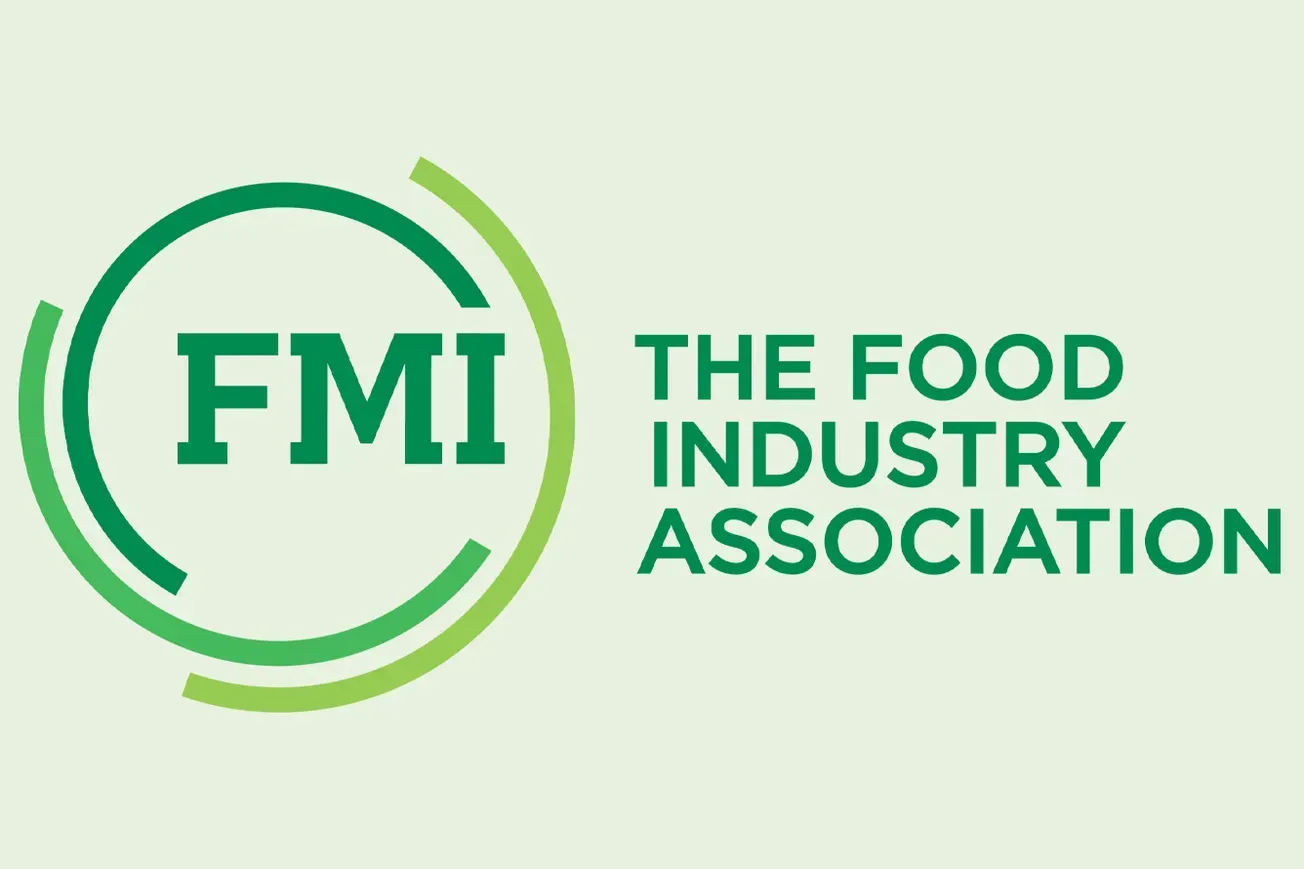ARLINGTON, Va. – The rise of store brands is a shining success story for food retailers, according to a new report from FMI. The food industry association foresees continued gains as grocers and their suppliers collaborate to upgrade existing product lines, develop new ones, and fortify supply chains.
Perceptions around private brands have changed; they are no longer seen merely as generics or national brand equivalents, Doug Baker, vice president, industry relations at FMI, said in releasing the report, titled “The Power of Private Brands 2024.”
Increasingly, Baker said, shoppers are deciding where to shop based on the availability of coveted private brands.
Value and price remain the key drivers of private brand sales, FMI said, but some of the allure lies beyond affordability, with more consumers identifying factors like healthy ingredients and premium quality as reasons for choosing store brands.
Private brands accounted for a 21% share of food retailers’ sales in the 52 weeks through June, according to the report, which references point-of-sale data from Circana. On a unit basis, they accounted for nearly 26% of merchandise sold during the period.
The market share of private brands has been inching higher since the pandemic, and industry executives surveyed for the report intend to seize the momentum. FMI identifies actions food retailers and manufacturers are taking to sustain and extend the gains.
“The finding that more than 90% of respondents plan to moderately or significantly increase private brand investments in the next two years is notable,” according to the report. “It also shows that more organizations are planning investment increases compared to a year ago. The investments are likely to include adding capacity at a time when supply has been challenged."
Manufacturing executives are more likely than retail executives to emphasize longer-term supply commitments as a preferred response to supply chain vulnerabilities, while the surveyed retail execs were more likely to tout development of new sources of supply.
“Beyond capacity, investments will likely focus on adding value through innovation and new product development,” FMI said. “Along those lines, the industry cites sales and share growth opportunities that include premium; best value; health and well-being; products with simple/clean ingredients; frozen foods; and fresh foods.”
Innovation emerged as executives’ key strategy for sustaining the momentum. “It’s interesting to note that retailers were more likely than manufacturers to say innovation is extremely important (64% of retailers vs. 35% of manufacturers), but retailers were somewhat less likely to say the industry is very or somewhat far along” in terms of making use of innovation, FMI said in the report. “This gap points to opportunities to improve trading partner alignment on perspectives to enhance strategies.”
In the spirit of expanding the scope of innovation, FMI proposes a new definition: “Innovation in private brands is often thought of in terms of developing new products. But a broader definition of innovation focuses on addressing unmet needs across the business, such as in packaging, products, categories, flavors, branding supply, purchasing, logistics, inventory management, merchandising, marketing or almost any other aspect.”






